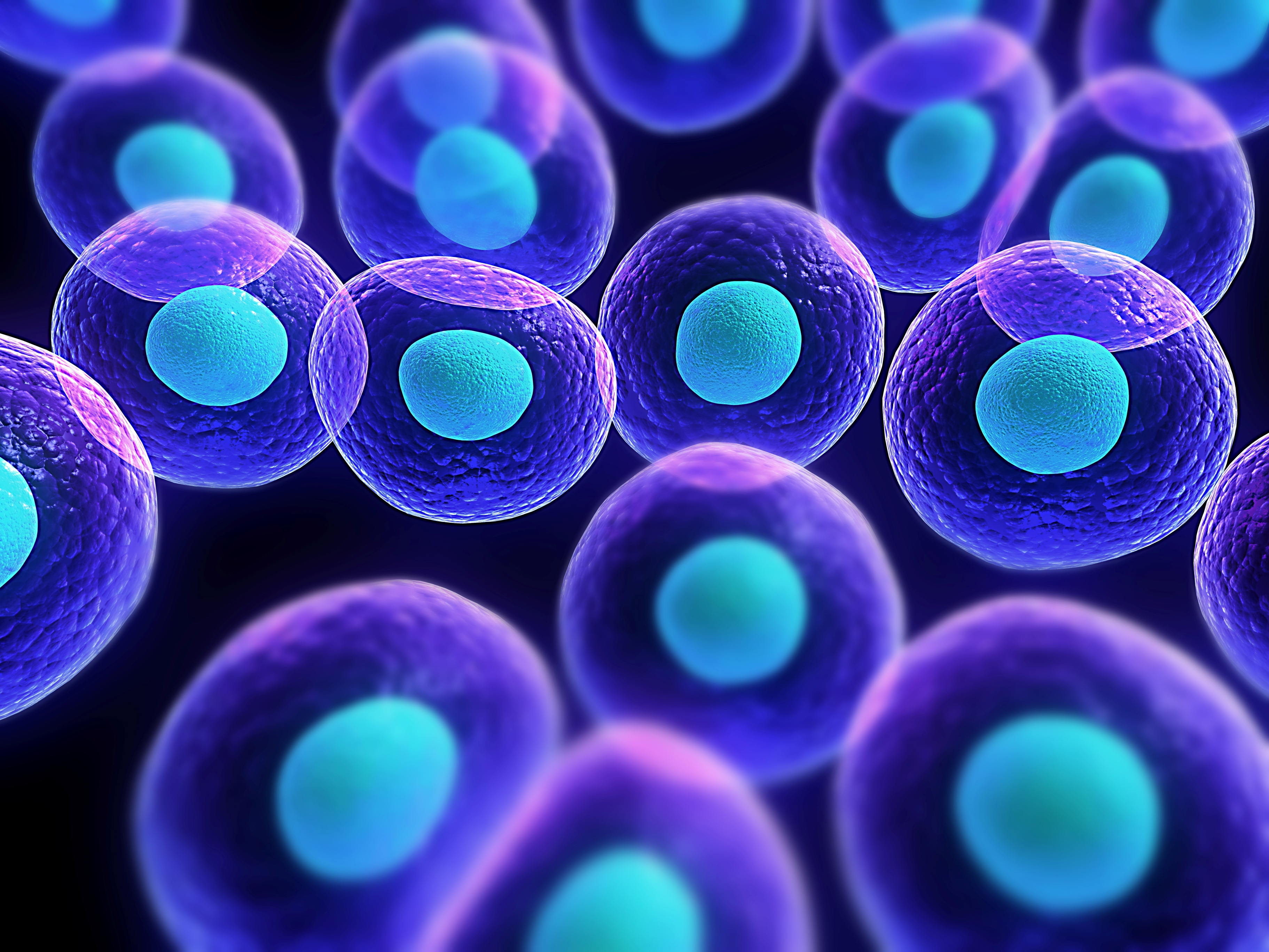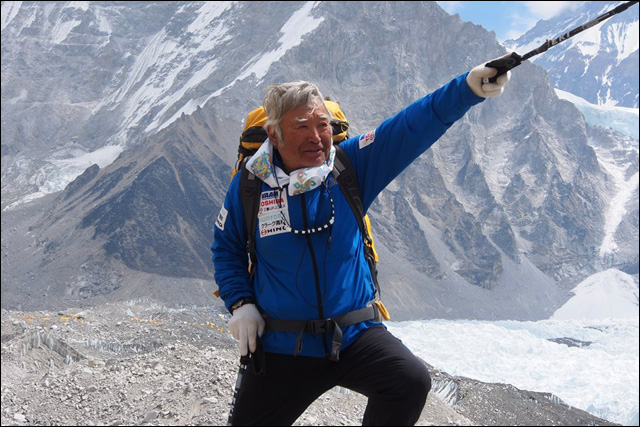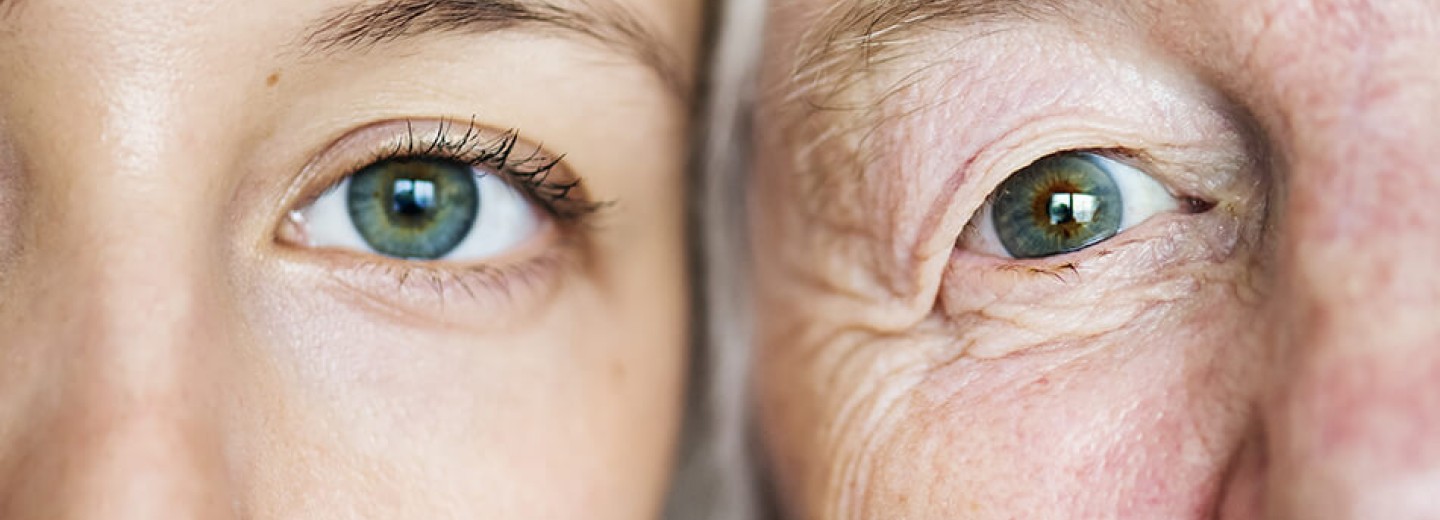How old are you?
On the day I was born, my father watched England lose 0-5 to Ireland in rugby at Twickenham. That is all I will tell you about my chronological age. We are asked to give our date of birth almost daily for one purpose or another. I resent this every time I comply. I accept that it is a form of identification and security. It helps prove that we are who we say we are. But our date of birth also identifies when we may marry, fight for our country, drive a car or obtain life insurance among a myriad of other civil necessities.
However, whatever our official chronological birth date may be, it could be significantly wrong.
When are we ‘born’?
Consider how we define our birth date. It could be the at the time of conception; or when the foetus becomes ‘viable’. “Doctors often consider foetal viability the point at which a baby can be resuscitated at delivery and can survive without significant morbidity. Many times, this age of viability is about 24 weeks gestation,” says verywellfamily. Yet the youngest known surviving premature baby was born only 21 weeks after conception.
If we were to take either of those as a legal birth date, most ‘normal’ births occurred three or four months earlier than they are reckoned to have done. Most of us are therefore at least three months older than we believe. It may be easier to use the day a baby emerges as its birth date, but it is hardly accurate.
Probably the most inaccurate birth date of all, on which the western calendar depends, was the birth of Jesus Christ. He was not born on 25th December in the year 0. Most scholars believe the year is likely to have been four to six years earlier than this. And the month to have been closer to June than December! But, like other birth dates, even though it is wrong, it may be better to leave things as they are for now. For there are other complications to defining age.

Cell renewal
Our bodies replace cells every day writes Scientific American.
About 330 billion cells are replaced daily, equivalent to about 1 percent of all our cells. In 80 to 100 days, 30 trillion will have been replenished—the equivalent of a new you.
Most authorities agree (at present) that we replace ourselves every seven years.

We are like a vintage Bentley. It was first ‘registered’ in 1929. But when exactly was it built? Then, in 1931, let us say, it had a bad accident, and its front and rear wings were replaced. In 1939 the engine was, perhaps, reconditioned with totally new parts. It then lay in a garage until 1947 when it needed new seats (mice!) and new paint. Not to mention regular replacement of tyres, bearings, brakes, exhaust and so on…. In 2022, Is it still a vintage 1929 Bentley?

Apply this to human beings. If we replace all our cells every seven years, why are we not ‘immortal’, like the Bentley? Cell replacement is a new science, so too is aging. It seems that our DNA is one of the key factors in aging and inevitable death. This seems to be because the DNA carrying the instructions for cell renewal becomes damaged, eventually preventing any more cell division. The result is an increasing level of ageing.
Biological age
Marco Nathan, writing in Psyche likens us to the Bentley: “When defining the age of a human being,” he writes: “Instead of calculating age from birth, one could conceive of chronological age as the weighted average of individual components. You could determine the lifespan of every cell in your body and then compute their weighted average. That would be your new chronological age.”
Great idea – but a shade too elaborate to be practicable.
Marco then discusses the idea of biological age.
In essence, biological time is the key to understanding where we stand in the journey of life. While chronological age is a useful proxy, a placeholder for something deeper, for a more accurate gauge of how our bodies and minds are weathering the passage of time… it is biological age that really matters to us.
The youngest person to climb Mount Everest, for example, was 13 years old when he reached the summit. The oldest, so far, was 80 years old. Clearly there is more at work here than merely chronological age. These exceptional individuals have minds and bodies that are different from their peers of the same age.

The oldest male author in the USA was Jim Downing, who was 102 years old when the final draft of his book, The Other Side of Infamy, was accepted for publication in February 2016.
Abhijita Gupta, a child prodigy, has been acknowledged as the youngest author by the World Book of Records. Abhijita, when not even eight years old, achieved this title for her non-fiction work on the pandemic titled ‘We Will Surely Sustain’- comprising her views on COVID-19.
A 15-year old is the youngest university graduate, so far. The oldest (in the UK) has been Archie White who graduated at 96.
I could go on. I have picked out a very few examples of exceptional people who have made record-breaking achievements at norm-defying ages. Between those exceptions are many millions of people living their lives and paying little attention to their chronological age defined by their date of birth.
To sum up – our date of birth is wrong. We could be at least three months older chronologically than we believe we are. Whatever our age measured by date of birth, our behaviours and lifespans depend on the concept of ‘biological age’. A teenager can have the maturity and mentality of an octogenarian. An octogenarian may equally well have a teenager’s energy and eagerness for life.
Redefining age
So, what exactly is biological age, and can it replace chronological age as a more accurate way to define a person’s capabilities? The Centre for Bioethics at Harvard University believes it will soon be possible and should be used instead of chronological age.
Currently, chronological age is used as a proxy for how well people function. But the results from epigenetics research imply that it may soon be possible to calculate a person’s biological age accurately.
The author argues that “Many rights and duties depend on our official age, so how old we are, legally, is an important question that needs careful and detailed discussions by bioethicists, medical doctors, biologists and legal scholars among others.” For example, someone aged 70 chronologically, is aged 70 by law.
But now, suppose the person’s biological age turns out to be 50, why should their legal age correspond to their chronological rather than biological age?
Biological age is a more accurate way to define our age. But not all of us may like it. The teenager who climbed Mount Everest might appreciate knowing that he has the judgement and stamina of someone ten years older. But if you are 75 years old, chronologically, and happy to draw your pension and enjoy state benefits related to that age, you might not be happy to be told that you are, in fact, only 62 and need to wait at least three more years!
Those who are comfortable with their chronological age need do nothing at all. But if you are like Emile Ratelband, who lost a legal case to use his biological age to determine his civil age, your chronological age gives a false picture. The court said it would cause too much trouble and uncertainty in society to allow people to change their age. The judge acknowledged “a trend in society for people to feel fit and healthy for longer but did not regard that as a valid argument for amending a person’s date of birth”.
What can we do?
I have written about ways in which we can change our approach to aging. In ‘Being Old is a Choice’ , I showed how simply by believing ourselves to be old, we become old. In ‘Die Young as Late as Possible’ I reviewed some of the latest books on staying younger. In ‘Think Yourself Young’ I reflected on how agism is endemic in western society and what we can do about it as individuals.

We need a successful campaign against agism, yes. We need the concept of biological age to be verified and measurable. And we need society to change its rules on defining age. These are unlikely to happen soon.
Meanwhile, those who wish to lead by example. Many are doing so. Healthy lifespans are increasing year by year. Who knows? This may be enough to change the world. It has happened before.
Worked on the article:

Wanlikhang






